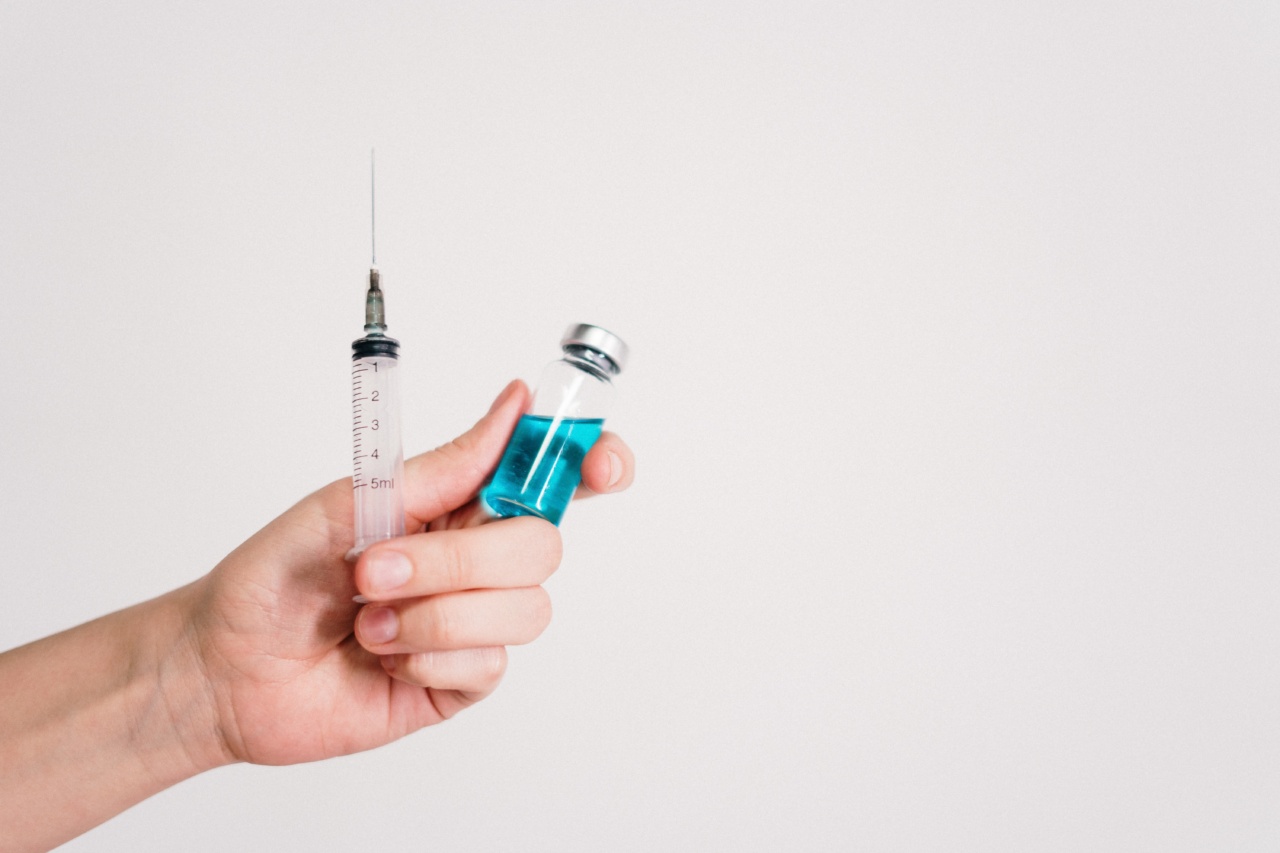Human papillomavirus (HPV) is a common virus that can lead to various types of cancers. It is primarily transmitted through sexual contact and can affect both men and women.
Fortunately, there are vaccines available that can help prevent HPV infection and reduce the risk of developing related cancers. In this article, we will explore the importance of HPV vaccination, its effectiveness, who should receive the vaccine, and the potential benefits it offers in terms of cancer prevention.
Understanding HPV and its Link to Cancers
HPV is a group of more than 200 related viruses, of which around 40 are sexually transmitted. HPV infections are incredibly common, with nearly all sexually active individuals getting infected at some point in their lives.
Most HPV infections go away on their own without causing any symptoms or health problems. However, certain types of HPV can persist, leading to the development of various cancers, including cervical, vulvar, vaginal, penile, anal, and oropharyngeal cancers.
HPV Vaccination and its Effectiveness
HPV vaccines are highly effective in preventing infection with the most common types of HPV that cause cancer.
The vaccines work by triggering the body’s immune response to produce antibodies against the virus, which helps protect against future infections. Currently, there are three HPV vaccines available – Gardasil, Gardasil 9, and Cervarix. These vaccines are administered as a series of shots over several months.
Studies have shown significant reductions in HPV infections and related conditions following the introduction of HPV vaccination programs.
For instance, countries with high HPV vaccination rates have reported a significant decline in the prevalence of genital warts and precancerous lesions. Furthermore, these vaccines have been proven to significantly reduce the incidence of HPV-related cancers.
Who Should Get HPV Vaccination?
HPV vaccination is recommended for both males and females. The Centers for Disease Control and Prevention (CDC) recommends routine HPV vaccination for all children aged 11-12 years, although it can be started as early as age 9.
Vaccination is also recommended for individuals aged 13-26 who may not have received the vaccine earlier or completed the full series of shots. In some cases, adults aged 27-45 may consider vaccination after consulting with their healthcare providers.
The Importance of Vaccinating Adolescents
Vaccinating adolescents, especially before sexual activity begins, provides the most effective protection against HPV infection. The immune response in this age group is stronger and more durable compared to older individuals.
Additionally, the vaccines are more effective when administered before exposure to the virus. Immunizing adolescents also contributes to herd immunity, reducing the circulation of HPV in the community and further protecting those who are unvaccinated.
Benefits of HPV Vaccination
The primary benefit of HPV vaccination is the prevention of HPV-related cancers.
By vaccinating against the most common cancer-causing strains of HPV, individuals can significantly reduce the risk of developing cervical, vulvar, vaginal, penile, anal, and oropharyngeal cancers. This protection is particularly important for women, as cervical cancer is the most common HPV-related cancer.
HPV vaccination also helps prevent other HPV-related conditions, such as genital warts and precancerous lesions. These conditions can cause discomfort, require medical interventions, and may lead to further complications if not treated promptly.
By reducing the incidence of these conditions, the burden on healthcare systems is reduced, and individuals can avoid the physical and emotional stress associated with such ailments.
HPV Vaccination and Cancer Prevention
Vaccination against HPV plays a crucial role in cancer prevention. The vaccines have the potential to eliminate most cases of cervical and other HPV-related cancers if administered universally and effectively.
However, to achieve this goal, it is essential to improve vaccination rates and promote awareness about the benefits of HPV vaccination.
Common Misconceptions about HPV Vaccination
Despite the clear benefits and proven safety of HPV vaccination, there are several misconceptions that have hindered widespread acceptance and uptake of the vaccine. Some common misconceptions include:.
1. HPV vaccination encourages promiscuity
One common misconception is that HPV vaccination may promote risky sexual behavior.
However, multiple studies have disproven this theory, showing no increased sexual activity or engagement in unprotected sex among vaccinated individuals compared to non-vaccinated individuals.
2. The vaccine is only for females
While HPV vaccination is crucial for cervical cancer prevention, it is equally important for preventing other HPV-related cancers in both males and females.
3. The vaccine is not necessary if already sexually active
Even if an individual has already been sexually active, they may still benefit from HPV vaccination.
The vaccines protect against the most common types of HPV that have not been contracted yet, reducing the risk of future infections and related complications.
Conclusion
HPV-related cancers can have severe consequences on individuals and healthcare systems. However, with the availability of HPV vaccines, effective prevention is now possible.
Vaccination against HPV significantly reduces the risk of infection, related cancers, and other HPV-associated conditions. By increasing awareness, improving vaccination rates, and addressing misconceptions, we can work towards a future with fewer HPV-related cancers and improved overall health.






























